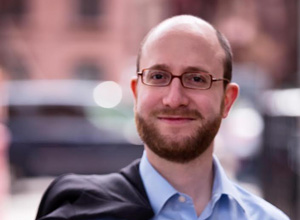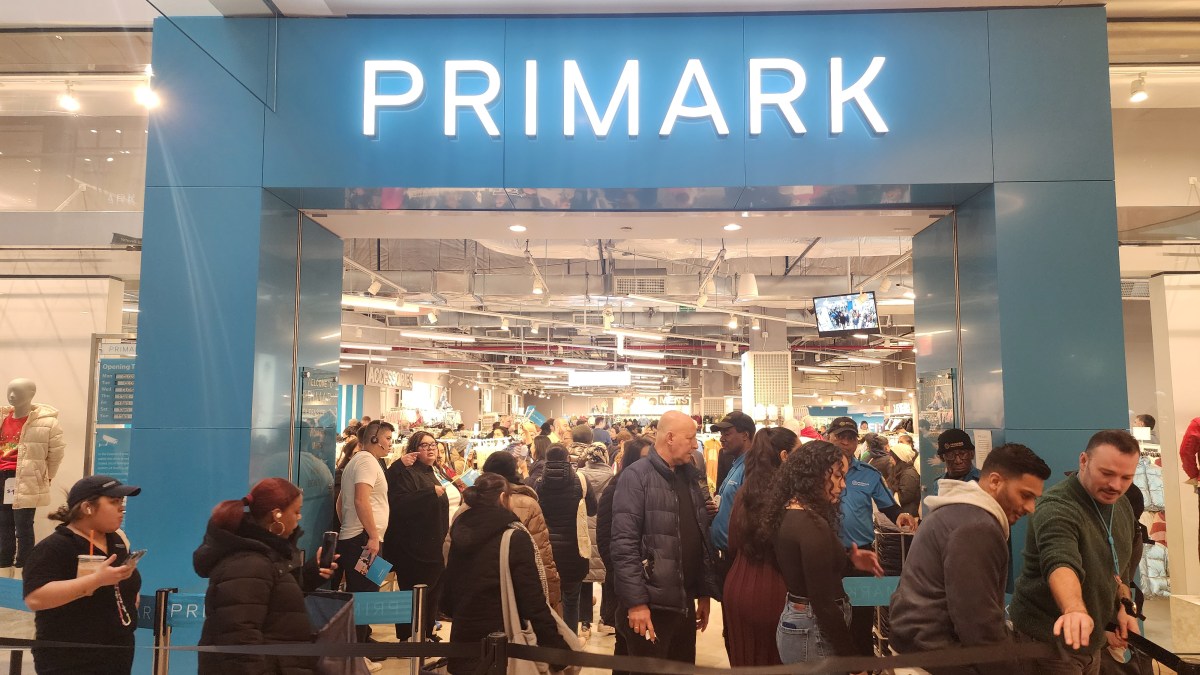
BY PAUL NEWELL | For the past two decades, Lower Manhattan’s impressive network of nonprofits and social service organizations has benefitted from representation at the highest levels of New York State government. That era appears to be at an end. It is essential that we find new and creative ways to fund these programs. Equally crucial is that we advocate for a better and more equitable funding system for the future.
Though many of us recognized the system’s flaws, having our assemblymember as one of the “Three Men in a Room” has brought significant tangible benefits to our community. That dynamic has already begun to change as new leadership in the Assembly prioritizes other needs and other communities. Vital institutions like Gouverneur Health, venerable century-old settlement houses and Manhattan Youth, as well as smaller community groups, are rightfully concerned. Changes in Albany could lead to the loss of important programs, contracts and revenue. Indeed, the Lower East Side-based Metropolitan Council on Jewish Poverty — one of the largest social service agencies in the city — is likely to disband this year.
Surviving these changes — and growing through them — will be one of the premier challenges facing Lower Manhattan in the years ahead. In the short term, there will be hard work and hard choices. Leaders like state Senator Daniel Squadron, Assemblymembers Deborah Glick and Brian Kavanagh, and Councilmembers Margaret Chin and Rosie Mendez will have to redouble their efforts and advocacy. Unfortunately, stingy Republican leadership makes it unlikely that Congress will step into the gap. One key area where the feds must be pushed is on long-term storm resiliency for Lower Manhattan and New York Harbor.
Most of our community organizations will have to significantly step up their efforts to secure private and foundation funding — a process that many of them are already engaged in. Where shortfalls remain — and some will — organizations may have to consolidate services and, in some cases, cut them back. This will involve real pain for our neighbors and for these groups’ dedicated staffs.
Fortunately, we still have a great deal going for us in Lower Manhattan. As one of the world’s most dynamic communities, located in the heart of our nation’s economic engine, the importance of a thriving Lower Manhattan cannot be denied by leadership in Albany or Washington.

Leveraging these strengths will require energetic advocacy and innovative solutions. We will have to persuade the dozens of Fortune 500 companies based in our neighborhood that the continuing health of the surrounding community is in their interest. We’re also going to have to be more creative in how we work with real estate developers to support local programs. One coming test of this will be securing the South St. Seaport Museum’s sustainable operation plan without compromising the historic character of the district.
So, there will be pain, but there will also be solutions. Lower Manhattanites have time and again proven ourselves resilient, and this time will be no different.
As we go forward, this must also become an opportunity to push for a better model of social service funding for all New Yorkers. Our current pickle is yet more evidence that allocating government resources based on who sits in what chair in Albany is arbitrary, irrational and poor policy. An even playing field — where social service funds are distributed to organizations based on community needs and provable outcomes — will serve Lower Manhattan and all of New York far better over the long term. Many of us have long known this. Now it is in our neighborhood’s interest to fight for it.
Newell is Democratic district leader, 65th Assembly District, Part C (Lower East Side, East Village, Financial District, Battery Park City, Seaport, Little Italy, Nolita, Soho)





































